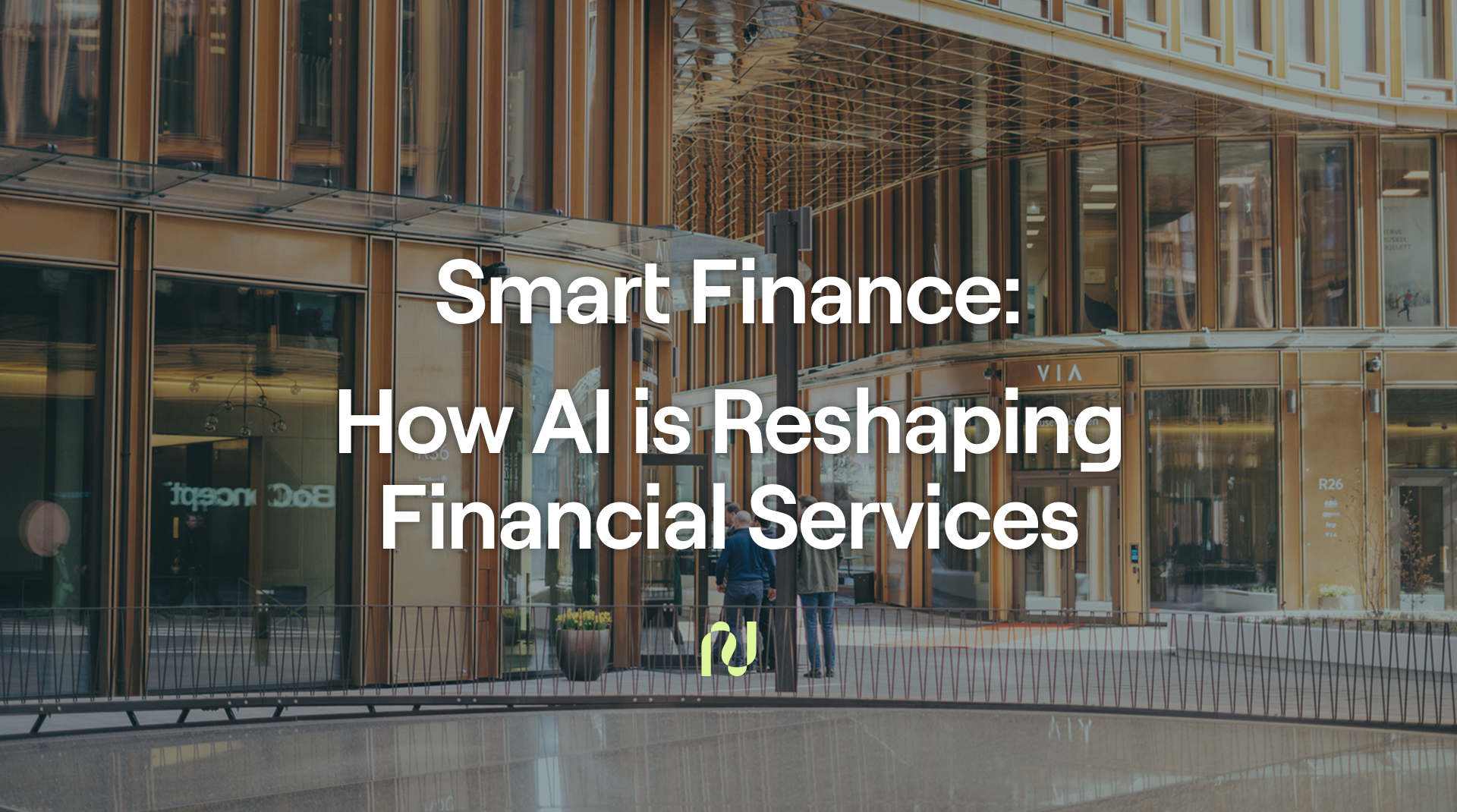
Industry Insights - February 2023 Recap
What’s been happening in open banking and payments in Europe over the last month? Here is a quick summary of what stood out to us.
Open banking adoption in the UK continues to grow despite some industry doubt. Small to medium-sized businesses are seeing the efficiencies open banking is delivering and accounting software companies are taking note and their interest is strengthening. Industries such as Healthcare, Utility, and Insurance where payment failures can have serious consequences are also taking notice and looking to payment providers for solutions to improve customer experience. We will also look at what’s on the horizon for instant payments in the EU and what we can expect in the next year or so.
Let’s jump in!
Open Banking growth continues in the UK and across Europe 🚀
In 2022, the UK saw a 500% rise in open banking payments, according to OBIE (the UK Open Banking Implementation Entity). In the first quarter of 2023, the UK hit another major Open Banking milestone following an OBL (Open Banking Limited) report that 7 million users are now actively using open banking in the UK. Also, of note in the report, 1.2 million (17%) of these are first-time users.
The combination of regulatory support and consumer demand for open banking-powered services have helped to unleash the value of open banking and drive growth. However, developing and managing consent flows with outdated identity and access management (IAM) infrastructure has been a major challenge. Early data access flows were perceived as ‘phishy’ damaging the technologies reputation and slowing initial growth expectations.
Despite this, the ability to develop new value-added services on top of access to comprehensive financial data that provides better personalization of financial services for end-users, and a sound ROI for adopters and providers has outweighed the challenges. As a result, the UK has seen a 71% increase in industries planning to use open banking including telcos, and healthcare providers, and financial services.
SMBs look to Open Banking to support growth 🌟
Small to medium businesses in the EU are looking to open banking to support SMB growth by increasing invoicing and payment efficiency. In an interview with payment news platform PYMNTS, the cofounder of German startup Denario says they turned to open banking to help them automate everything “from receiving, paying, processing to reconciling and reporting the payments, even reclaiming VAT”.
The technologies' ability to by facilitate faster payments, improve payment management and tracking, as well as aggregate and categorize data is catching the attention of popular accounting software platforms such QuickBooks as well.
Coming soon: EU instant payment regulation 🏁
The European Commissions has put forth a proposal to enable and unify instant payments in the EU. The proposal contains four major initiatives that will affect the payments space over the next 1-2 years:
- All Payment Service Providers (PSPs) that already offer credit transfers in euros (excluding payment institutions and electronic money issuers) should also offer instant (SCT Inst) payments.
- End user fees for instant payments should be equal to or less than those of standard credit transfers (SCTs).
- All PSPs should provide a Confirmation-of-Payee (CoP)-like service, i.e., senders should be made aware of the recipient of a transfer.
- Concerning sanction screenings, all PSPs should conduct daily checks of their clients against EU sanction lists rather than prior to each payment.
Payment failure effect on Healthcare, Utility, and Insurance Customer Experience 🚨
There can be many reasons for payment failure, from insufficient funds to expired cards. For businesses, failed transaction disrupts not only services, but the connection between the company and the consumer resulting in lost time, effort, and revenue to reactive services, as well as lost customers and future revenue.
For users, disruption to ones Peloton or Netflix service due to a payment error is of course inconvenient. However, disruption to critical services such as heat, electricity, or insurance or healthcare coverage can be dangerous, and lead bad outcomes and financial repercussions for users, beyond just the fees and headache to reactivate the services.
As a result, crucial industries such as healthcare, utility, and insurance industries are feeling the effects payment failure on customer experience and they are looking to subscription and recurring payment providers for solutions.
Open banking, which enables users to pay directly from their bank account, in particular offers promising improvements by bypassing card reliance altogether. In addition to lower transaction fees and smooth payment flows, open banking is showing significantly higher payment success rates of around 90% on average.
___________________
As we saw in last month’s industry insights as well, leveraging new payment technologies to improve payment efficiency has benefits for both businesses and their users, and will be key for growth and customer retention in 2023.
If you’d like to learn more about how your business can improve payment efficiency and customer experience, check out our latest paper - power your business with open banking.










.png)
.png)
